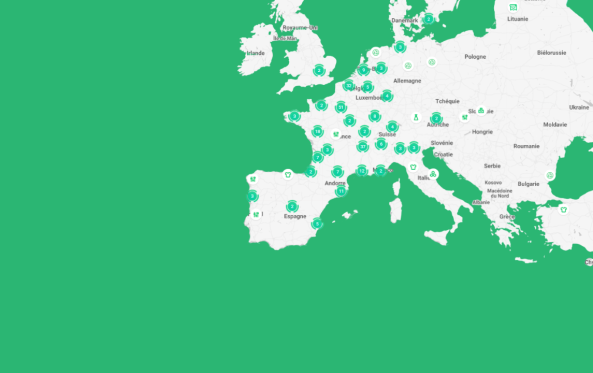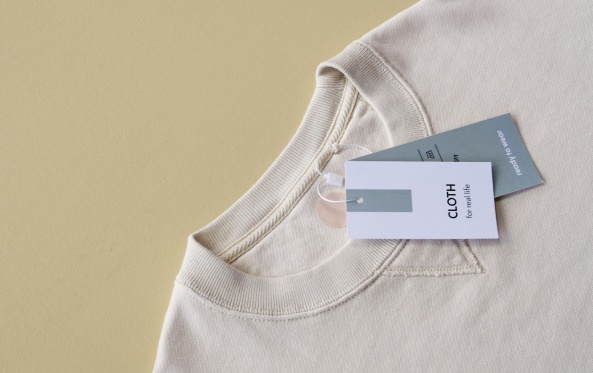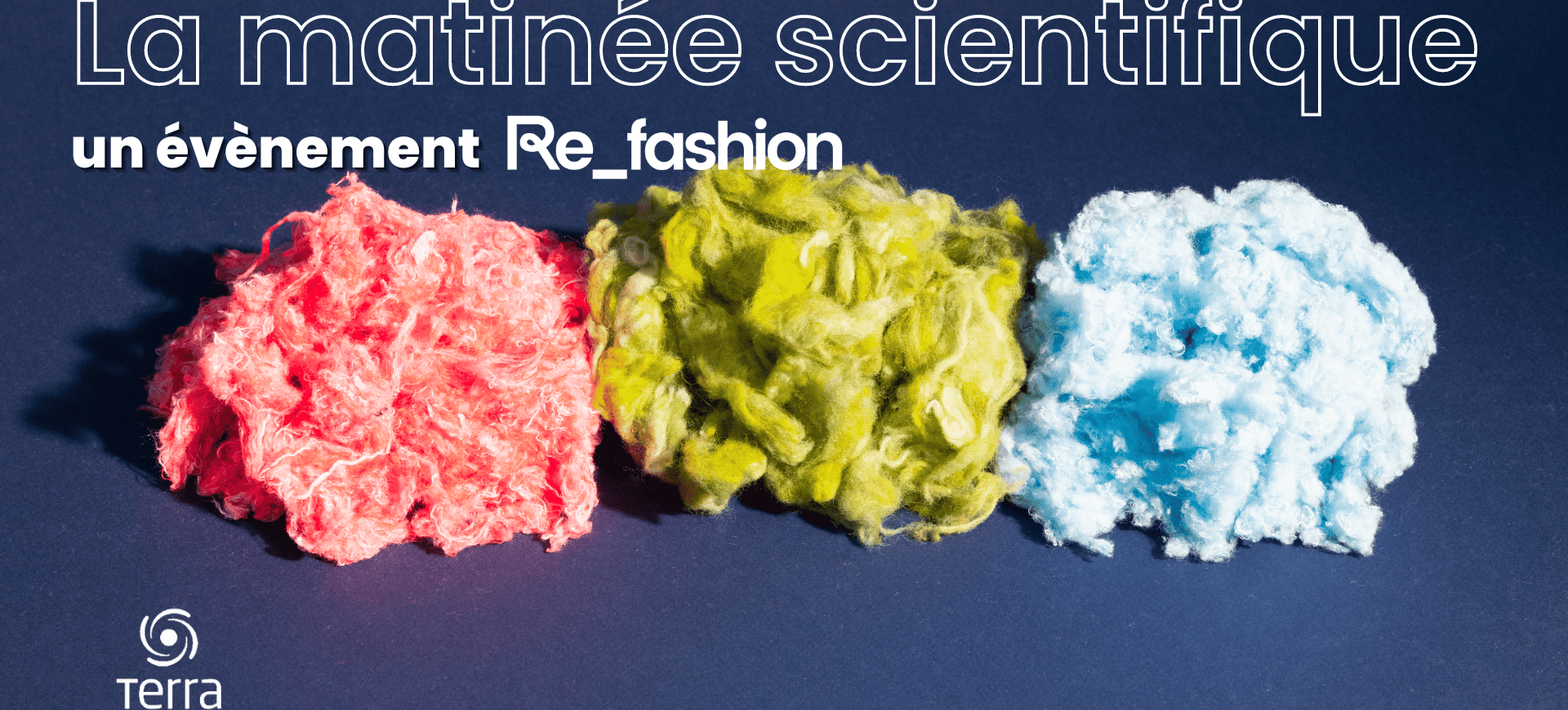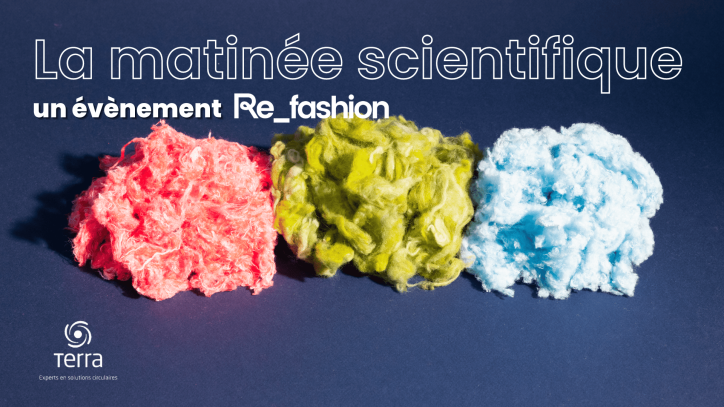The textile industry and the challenge of industrialising recycling in France and Europe
The textile industry is facing increasing volumes of used, non-reusable clothing and footwear textiles which could be treated in France and in Europe if recycling were to become more industrialised and provide homogeneous, recycled quality materials in an open or closed loop.
Industrialising recycling is a true challenge because the deposit of CHF (clothing, household linen and footwear) waste is heterogeneous and comprised of a large variety of products, materials, types of assembly configurations, etc. Moreover, second-sort techniques (characterisation) and disassembly operations are still primarily carried out manually.
3 conditions to accelerate the industrialisation of used, non-reusable CHF recycling in France and Europe:
- Markets needing recycled materials: to meet this need Refashion connects stakeholders via its Recycle by Refashion platform
- Clothing textiles that are sorted per material and prepared according to the needs of recycling operators: post-consumption CHF deposit is very heterogeneous and contains many recycling disruptors
- Processes and technologies to industrialise second-sort and preparation operation
How can this be achieved?
To accelerate the industrialisation of recycling, it is necessary to prepare waste textiles using material-colour characterisation and disassembly by developing:
-
Automated sorting and characterisation techniques in order to separate CHF waste into homogeneous categories (per type of fibre and material)
-
Automated processes for disassembly (removal of hard points and other recycling disruptors), cutting, shredding and preparation, which, combined with optical sorting, will enable homogeneous materials to be produced that meet the specifications set by recycling operators and will find proper market outlets.






